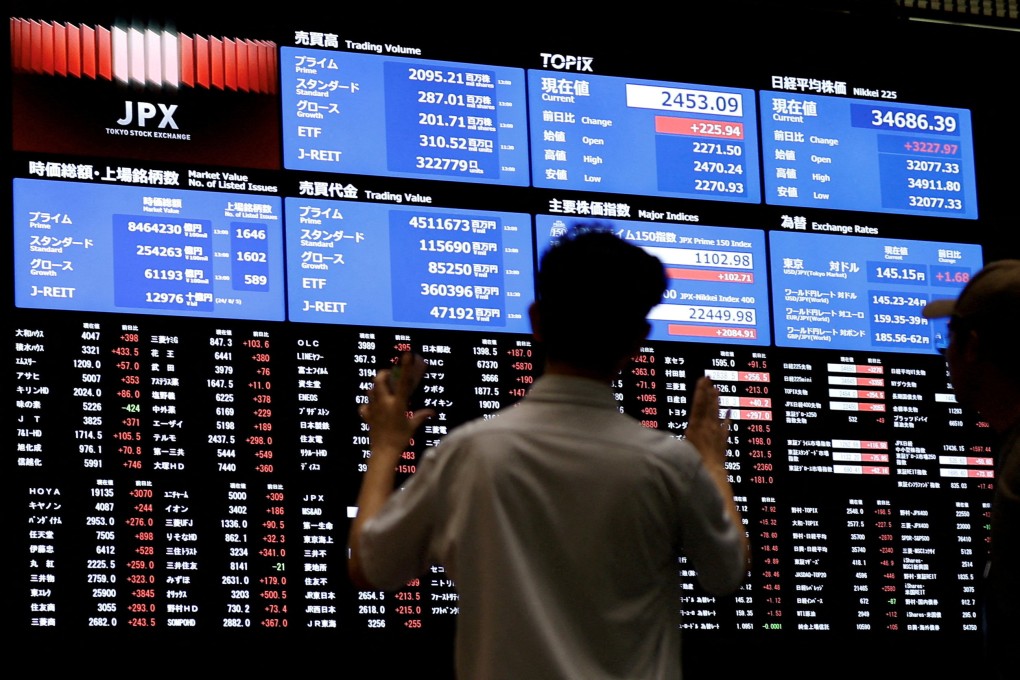Macroscope | Japan stock shock shows volatility is back with a vengeance
- Markets are beginning to reflect and respond to a fast-growing sense of uncertainty and insecurity in the wider world

Tokyo’s sudden crash and equally sudden partial recovery speaks of a market support operation by the Bank of Japan (BOJ), which already held some 37 trillion yen (US$253 billion) of equity exchange-traded funds (ETFs) before the crash. This should not be mistaken for a true recovery.
As Reuters’ Jamie McGeever noted in a commentary this week, “day-to-day swings of this magnitude based on not a lot of fresh or major market-moving news are red flags. They’re typical of more protracted and volatile downturns, and many investors are adopting a cautious stance”.
Most of all, it means that more people are beginning to question whether their savings and investments are being well-managed and, if so, why financial markets are so volatile and prone to bubbles and busts at seemingly regular intervals.

